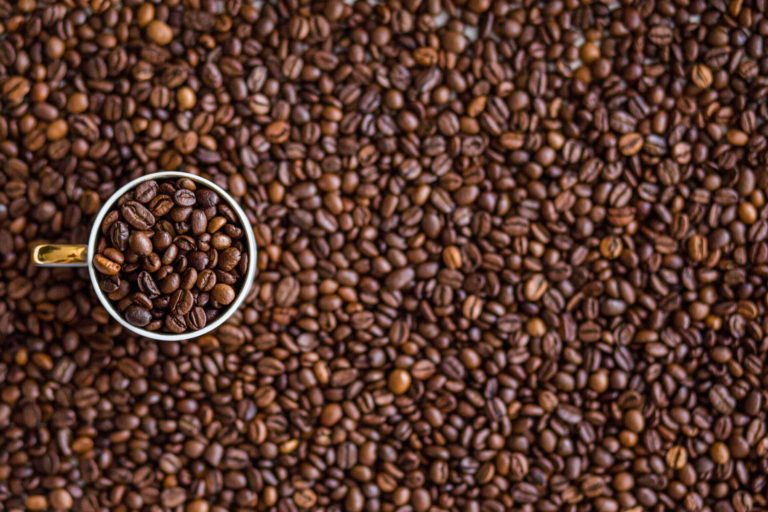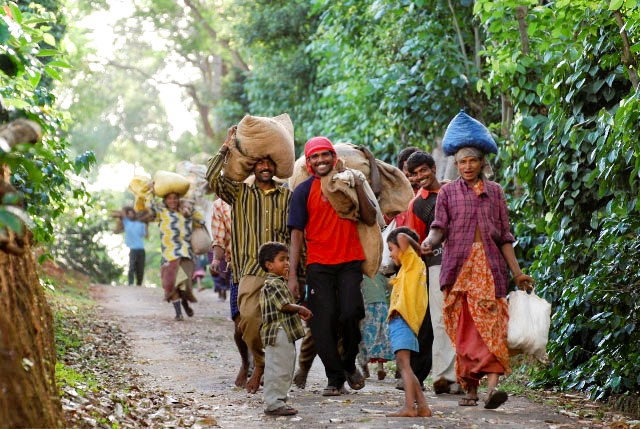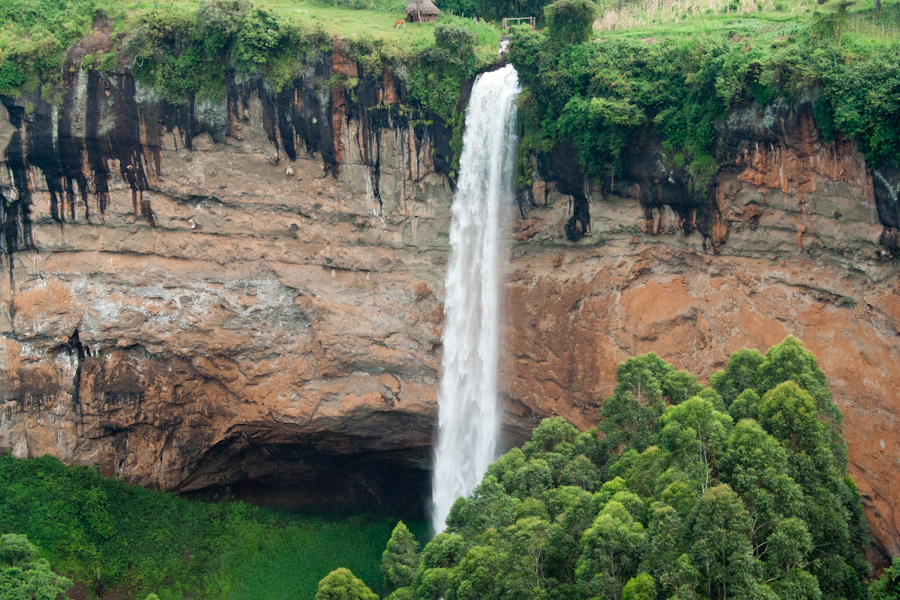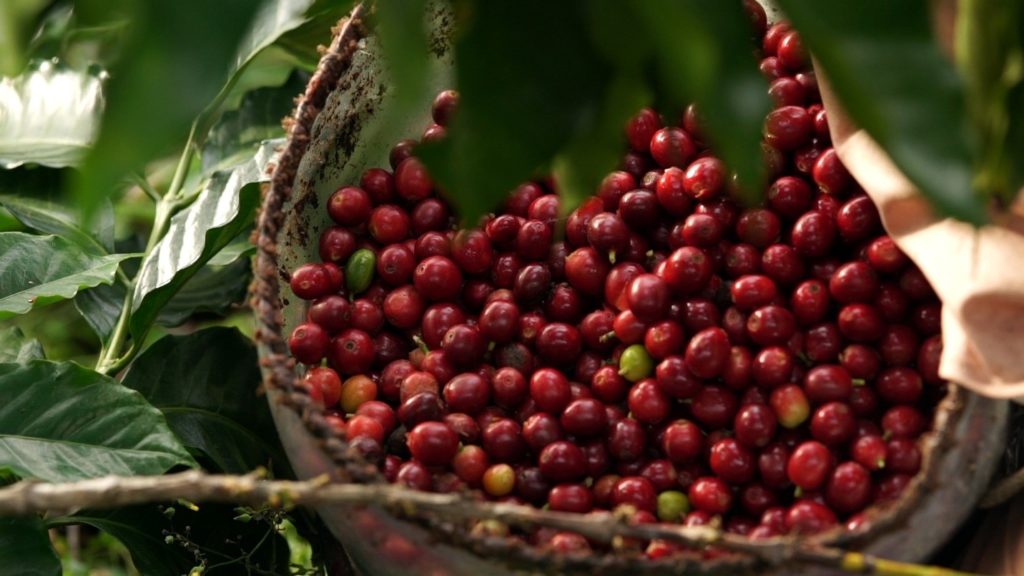Seasonal Coffee Release: THE WINTER BLEND 2017

India Bibi Plantation
Uganda Sipi Falls
Honduras Beneficio Los Andes
FLAVOUR – Dutch Chocolate, Apricot, Honeysuckle
ACIDITY – Approachable , Mango
BODY – Medium, Juicy
SUITABLE FOR – Espresso, Aeropress, Mokapot, Plunger, Siphon
INDIA BIBI PLANTATION
Varietal(s): Red Catucaí (known locally as HDT)
Processing: Fully washed & sun dried on patios
Altitude: 600-800 metres above sea level
Owner: Faiz Moosakutty & family Town: Sunticoppa
Region: Karnataka State

The 250 acre plantation has been in the Moosakutty family since 1960 and is named after Faiz’s mother. Faiz took over in 1990 and has since embarked on replanting the entire estate, aiming to create a model coffee farm. This process is now 100% complete and the Bibi Plantation produces some of the region’s finest coffee. Faiz lives on the farm with his wife, Sonia, and two children – Rihan and Tara.
Faiz does not cut corners and runs his farm in an environmentally and socially responsible way. The coffee is grown in the shade of indigenous silver oaks, jungle figs and rosewood trees, which provide habitat for a vast array of bird and insect life, and the occasional elephant from the nearby forest! While the estate is not officially certified organic, no chemical weed-killers are used; instead weeds are removed by hand so that the cut plants form natural green compost. Micronutrients, manure and compost produced from the skins of pulped coffee cherries are other important, organic fertilisers widely used on the estate.
Some 100 people work on the plantation, around half of whom live on site. The farm provides them with free electricity, free housing and free medical assistance. Faiz also offers interest free loans to assist with the education of workers’ children, and pay back schedules are kept flexible and worked out on a case-by-case basis.
UGANDA SIPI FALLS
Partner: Kawacom Sipi Falls Sustainable Project
Varietal(s): SL 14 & 28
Processing: Fully washed & sun dried (finished in mechanical driers)
Altitude of farms: 1,300 to 2,000 above sea level Owner: Various smallholder farmers
Town: Chema town, Kapchorwa district
Region: Eastern Uganda – Mount Elgon region

The locals believe that god lives on Mt. Elgon – far beyond where people venture – and that when he is happy, he delivers rain to the bountiful gardens clinging to the mountainside. Indeed, these green, fertile hillsides are very nearly divine territory for the production of potentially spectacular coffees, and producers are increasingly realising their potential.
The name of the project( Kawacom Sipi Falls Sustainable Project) hails from the local scenic landmark of Sipi Falls. This 3 phase waterfall plunges down the slopes of Mt Elgon – once thought to be the tallest in Africa due to its enormous base, which covers 3,500 square kilometers across Uganda and Kenya.
SL28 and SL14 are the varieties of choice. They have excellent cup quality and are well suited to the conditions in the Kapchorwa district.
Soil fertility is maintained by regular applications of composted manure and by establishing cover crops. No synthetic fertilisers or pesticides are used. In order to control pest damage, chillies, wood ash (containing potassium), marigold and animal urine are used.
HONDURAS BENEFICIO LOS ANDES
Varietal(s): Primarily Red Catuaí; also Lempira, Ecafe 90, Bourbon, Pacas, Pache & Typica
Processing: Fully washed & dried on patios & African beds
Altitude: 1,500 to 1,600 metres above sea level
Owner: 37 smallholder farmers from Marcala
Town: Various
Region: Marcala

This exceptional coffee, whose name comes from the Mill where the coffee was processed, was grown by 37 producers from the Marcala region of Honduras. The producers have been specially selected to
participate in a quality improvement program run by Mercanta’s exporting partner for the lot. The project has grown from 10 producers in 2015 to 37 in 2016, and there is every indication that the program will continue to expand to benefit more producers in the future. By working together, focusing on stringent processing and cultivation methods, and constantly striving for better coffee (and better prices), the program is transforming livelihoods in rural areas.
The region has been in the 5 first winning coffees at Cup of Excellence for the last 3 years, and won in 2016, with the record price of 120 USD / lb.